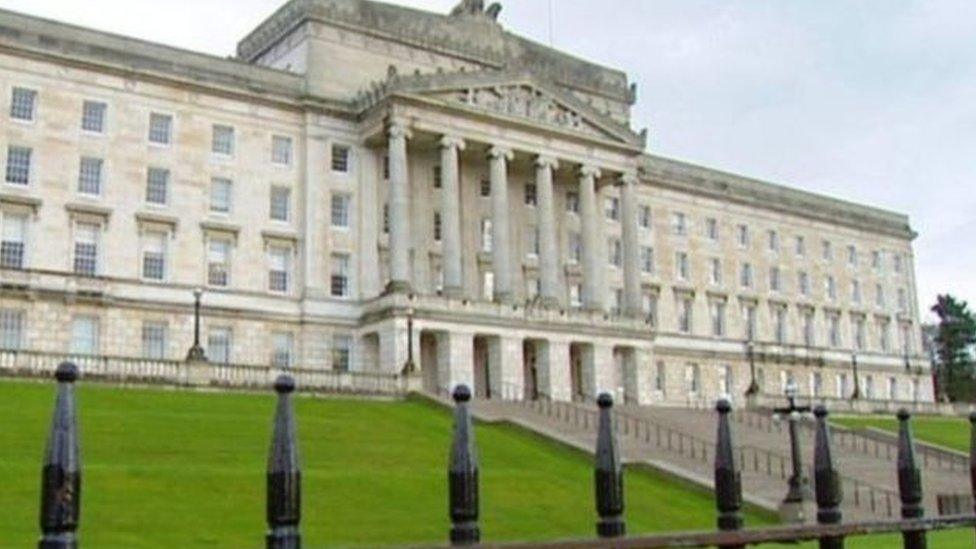MLAs' pay panel seeks limits if power returns to Westminster
- Published
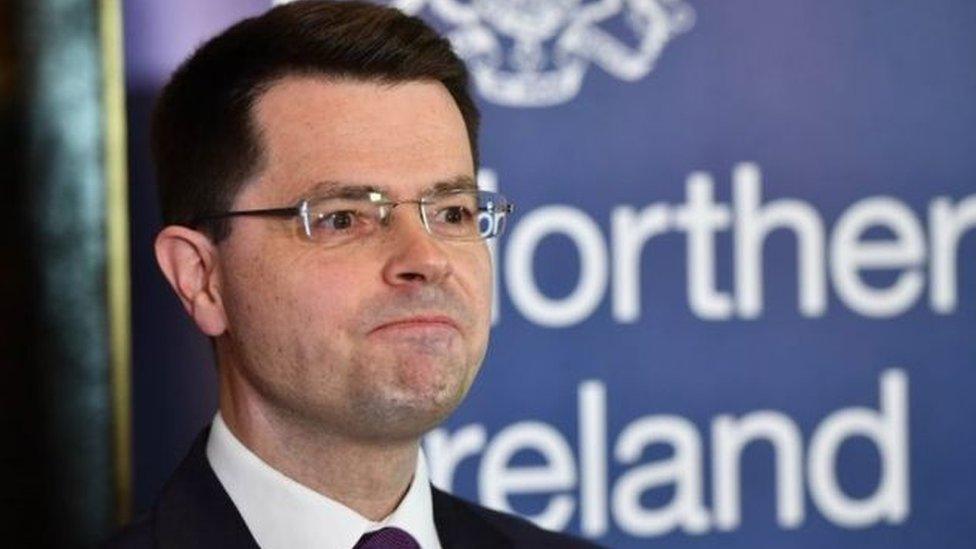
The panel has written to Northern Ireland Secretary James Brokenshire
All payments to MLAs should be limited to a three-month period if direct rule becomes necessary, according to a body that used to set their pay.
The Independent Financial Review Panel (IFRP) left their post last June when their appointments expired.
In law it still exists, though the posts are vacant.
Members of the independent body have now written to Northern Ireland Secretary James Brokenshire about MLAs' pay.
Pat McCartan, Alan McQuillan, and Etta Campbell said they understand the reason they have not been replaced is because Sinn Féin and the DUP are unable to agree a new system for overseeing expenses and pay.
In their letter, they told Mr Brokenshire: "Given our work and the general public disquiet expressed to the IFRP in every public consultation the panel undertook, we must strongly suggest that payments to MLAs in the absence of a functioning assembly and executive would be publicly regarded as unjustifiable.
Expenses
"Also, that any future system for payments to MLAs needs strong and independent administration, supervision, and audit.
"If the government is therefore forced to suspend the assembly by Order in Council we strongly recommend that you consider strictly limiting the period for which members may draw salaries and expenses - perhaps to a period of three months to allow completion of any negotiations.
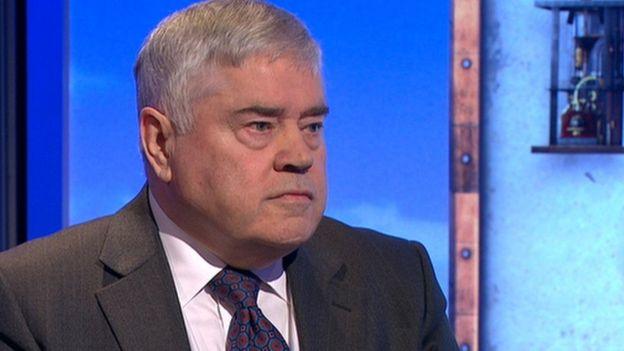
Pat McCartan served as chair of the IFRP
"We do not even see why expenses should be paid for this period as these are supposed to relate to the management of MLAs' constituency offices and without a functioning assembly the work that can be done in these is very limited."
Mr Brokenshire has said the primary responsibility lies with the Democratic Unionist Party (DUP) and Sinn Féin to use the "limited window" now open to form a new power-sharing executive.
It follows Thursday's election which ended a unionist majority at Stormont.
The parties have just three weeks to overcome their differences and form an executive.
If a government cannot be formed within that time then, under law, another election could be called.
Ultimately, if no power-sharing government is formed, power could return to the UK Parliament at Westminster for the first time in a decade.
- Published6 March 2017

- Published5 March 2017
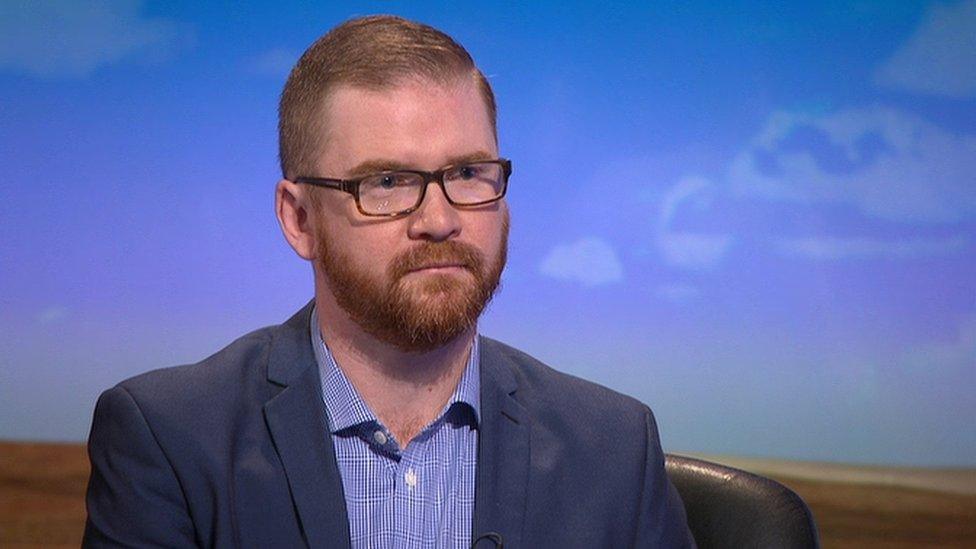
- Published4 March 2017
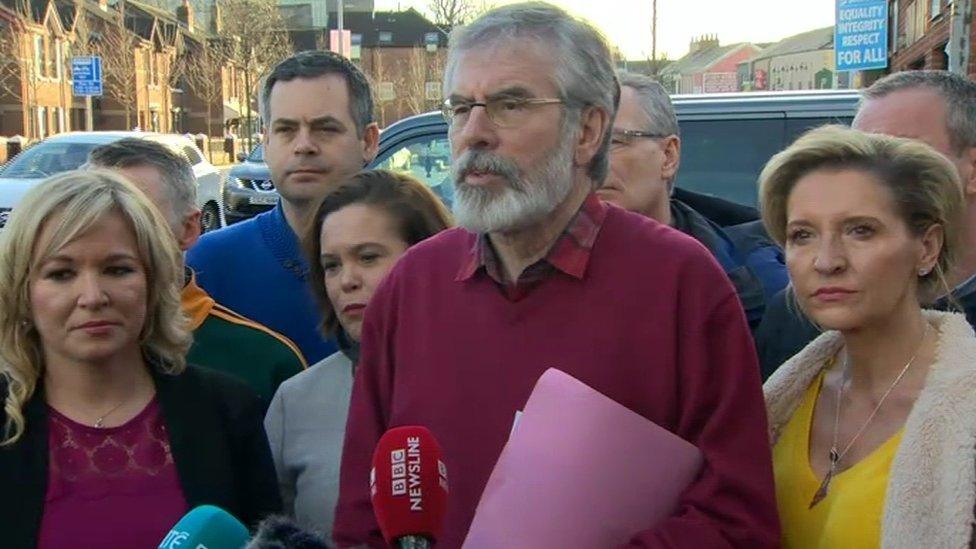
- Published5 July 2016
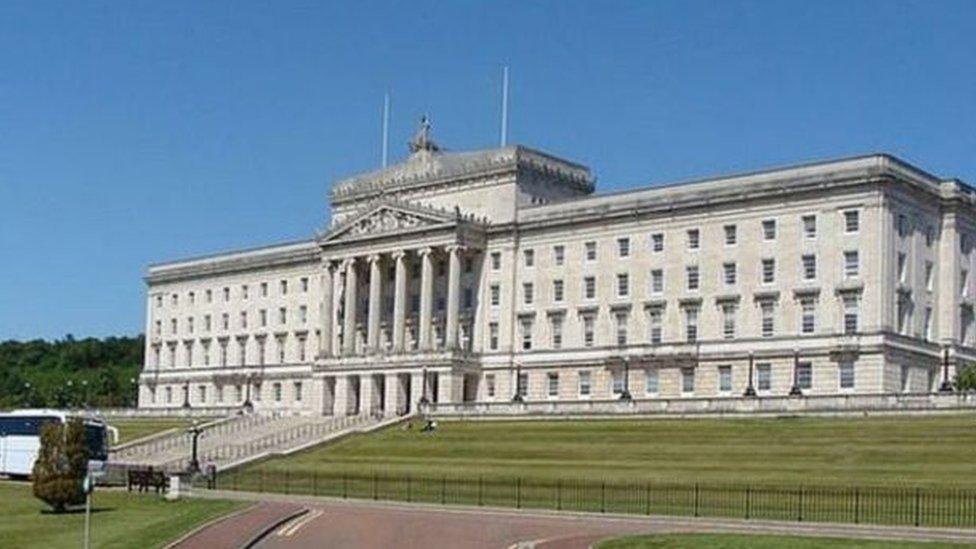
- Published15 February 2016
